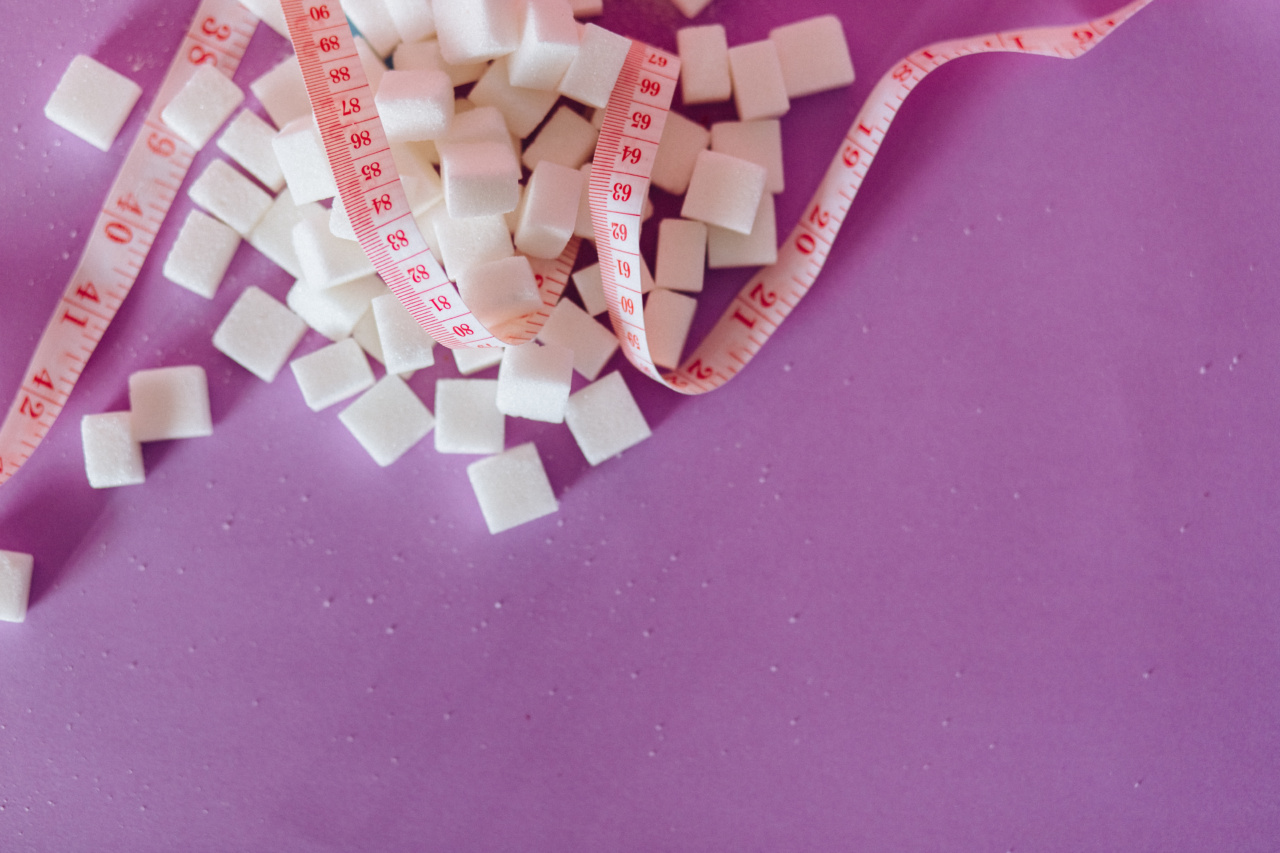Elevated cholesterol levels can wreak havoc on your heart health, putting you at a higher risk of heart disease and other cardiovascular complications.
One of the main culprits is low-density lipoprotein (LDL) cholesterol, often referred to as “bad cholesterol.” It is crucial to keep your bad cholesterol levels in check to promote a healthy heart and overall well-being. In this article, we will explore the harmful effects of bad cholesterol and provide effective strategies to lower it and maintain optimal heart health.
The Dangers of Bad Cholesterol
Bad cholesterol, or LDL cholesterol, plays a significant role in the development of heart disease. When your LDL cholesterol levels are high, it can lead to the formation of plaque in your artery walls, a condition called atherosclerosis.
This buildup of plaque can narrow and harden your arteries, impeding the blood flow to your heart.
If left unchecked, atherosclerosis can progress, resulting in the formation of blood clots that can block blood flow completely. This can trigger a heart attack or stroke, putting your life at serious risk.
Therefore, it is essential to take proactive measures to lower your bad cholesterol levels and maintain a healthy heart.
1. Make Heart-Healthy Food Choices
Your diet plays a crucial role in managing cholesterol levels. Opt for foods that are low in saturated fats and trans fats, as these have been linked to increased LDL cholesterol levels.
Instead, focus on incorporating heart-healthy foods into your meals:.
a) Include Omega-3 Fatty Acids: Foods rich in omega-3 fatty acids, such as fatty fish (salmon, mackerel, trout), chia seeds, and walnuts, can help lower LDL cholesterol levels.
b) Embrace Fiber-Rich Foods: High-fiber foods like whole grains, fruits, vegetables, legumes, and nuts can reduce cholesterol absorption and lower LDL cholesterol levels.
c) Opt for Plant Sterols and Stanols: These plant compounds interfere with cholesterol absorption, effectively reducing LDL cholesterol levels. Sources include fortified margarine, orange juice, and some yogurts.
2. Regular Physical Activity
Engaging in regular physical activity is not only beneficial for weight management but also plays a crucial role in maintaining heart health.
Exercise has been shown to increase high-density lipoprotein (HDL) cholesterol, often referred to as “good cholesterol,” while simultaneously lowering LDL cholesterol levels.
To reap the cholesterol-lowering benefits, aim for at least 150 minutes of moderate-intensity aerobic exercise each week. Running, brisk walking, swimming, or cycling are excellent choices.
Additionally, incorporating strength training exercises twice a week can further boost your heart health and overall fitness.
3. Quit Smoking
Smoking damages your blood vessels, making it easier for cholesterol and other harmful substances to accumulate in your arteries. Additionally, it lowers your HDL cholesterol levels.
Quitting smoking is one of the most effective ways to improve your heart health and lower your risk of heart disease. Seek support from healthcare professionals, friends, and family to help you through the quitting process.
4. Reduce Alcohol Intake
While moderate alcohol consumption may have some heart benefits, excessive drinking can contribute to high cholesterol levels and heart disease.
Heavy drinking increases blood pressure, contributes to weight gain, and can lead to unhealthy lifestyle habits that negatively impact cholesterol levels. Therefore, limit your alcohol intake to moderate levels – no more than one drink per day for women and two drinks per day for men.
5. Manage Stress Levels
Chronic stress can take a toll on your cardiovascular health, including your cholesterol levels. When you’re stressed, your body releases cortisol, which can raise LDL cholesterol levels.
Find healthy ways to manage stress, such as practicing relaxation techniques (deep breathing, meditation, yoga), engaging in hobbies, spending quality time with loved ones, or seeking professional help if needed.
6. Maintain a Healthy Weight
Excess weight, especially around the waistline, is closely linked to high LDL cholesterol levels and an increased risk of heart disease.
Losing excess weight through a combination of a healthy diet and regular exercise can significantly improve your heart health by lowering LDL cholesterol levels and decreasing your risk of developing other chronic conditions like type 2 diabetes.
7. Medications and Supplements
If lifestyle modifications alone do not effectively lower your LDL cholesterol levels, your healthcare provider may prescribe medications, such as statins, to help manage them.
Additionally, certain supplements like omega-3 fatty acids, psyllium husk, and red yeast rice may have cholesterol-lowering effects. However, always consult with your healthcare provider before starting any new medications or supplements to ensure they are safe and suitable for your individual health condition.
8. Regular Health Check-ups
Regular health check-ups and screenings are vital for monitoring your cholesterol levels and overall cardiovascular health.
These check-ups allow healthcare professionals to detect any abnormalities or signs of potential heart disease early on, enabling prompt intervention and treatment. Stay proactive by scheduling regular appointments and following your healthcare provider’s recommendations.
9. Limit Processed and Fast Foods
Processed and fast foods are often packed with unhealthy fats, added sugars, and excess sodium – a combination that can skyrocket your LDL cholesterol levels and harm your heart health.
Opt for whole, unprocessed foods as much as possible and prepare meals at home, allowing you to have better control over the ingredients and preparation methods. This empowers you to make heart-healthy choices and reduce your reliance on unhealthy convenience foods.
10. Get Plenty of Antioxidants
Antioxidants are compounds that protect your body against damage from harmful molecules called free radicals.
Some studies suggest that a diet rich in antioxidants may help prevent the oxidation of LDL cholesterol particles, which is a crucial step in the development of atherosclerosis. Incorporate antioxidant-rich foods into your diet, such as berries, dark chocolate, nuts, and vibrant fruits and vegetables.
By following these strategies, you can take control of your cholesterol levels and keep your heart healthy. Remember, small lifestyle changes can make a significant difference in your heart health.
Empower yourself to make choices that prioritize your well-being and longevity.





























